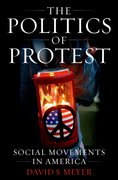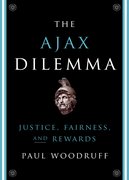Everything you ever wanted to know about Prohibition
Prohibition, or “the Noble Experiment,” refers to the period between 1919 and 1933 when the sale, manufacture, and distribution of alcohol were illegal in the United States. Although it may have lasted only 14 years, Prohibition was the culmination of decades of protest and lobbying and has ramifications that are still felt today. It remains the focal point of the ongoing debate surrounding the potential dangers and benefits of alcohol and people’s right to drink as they please.












